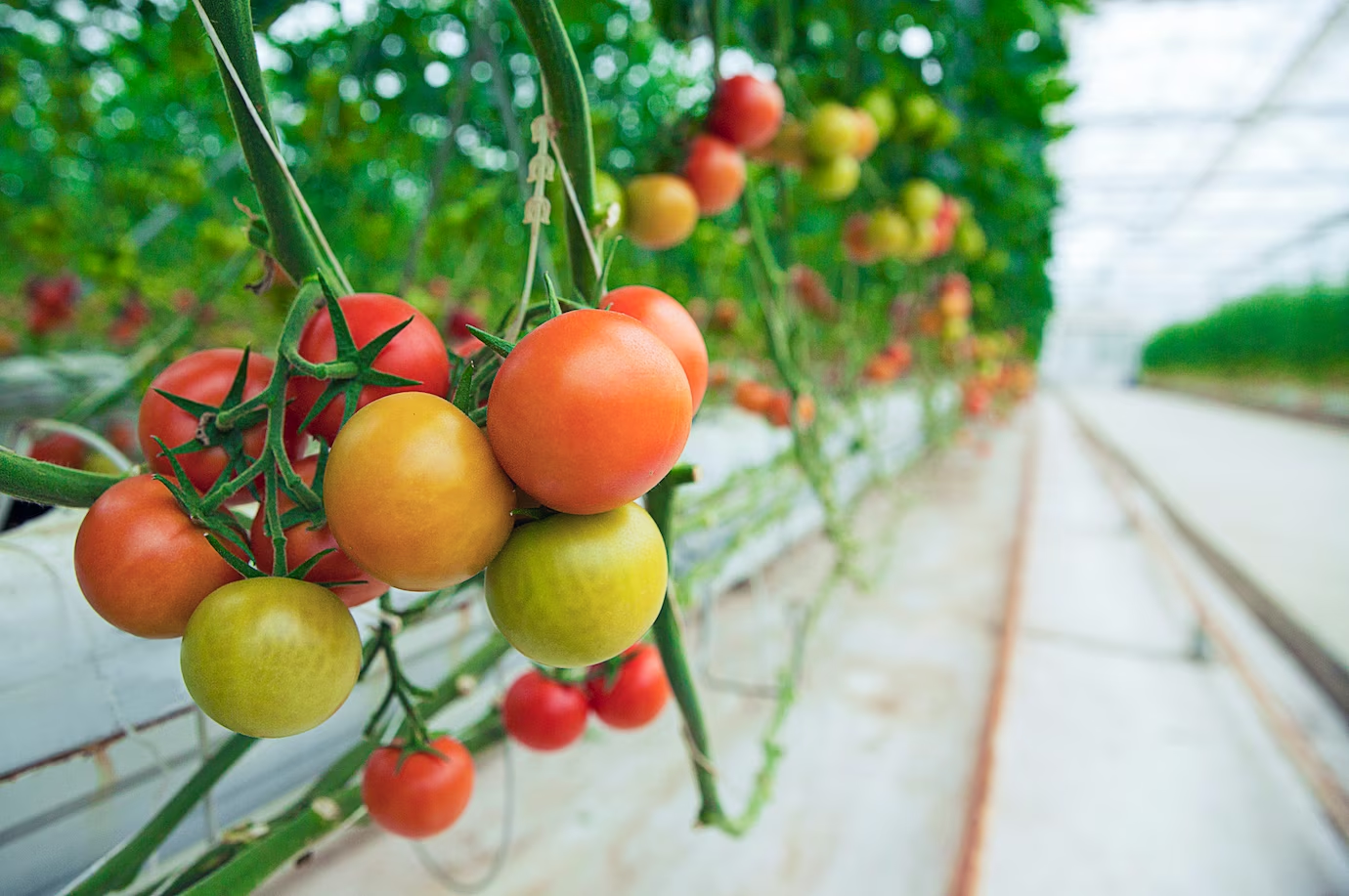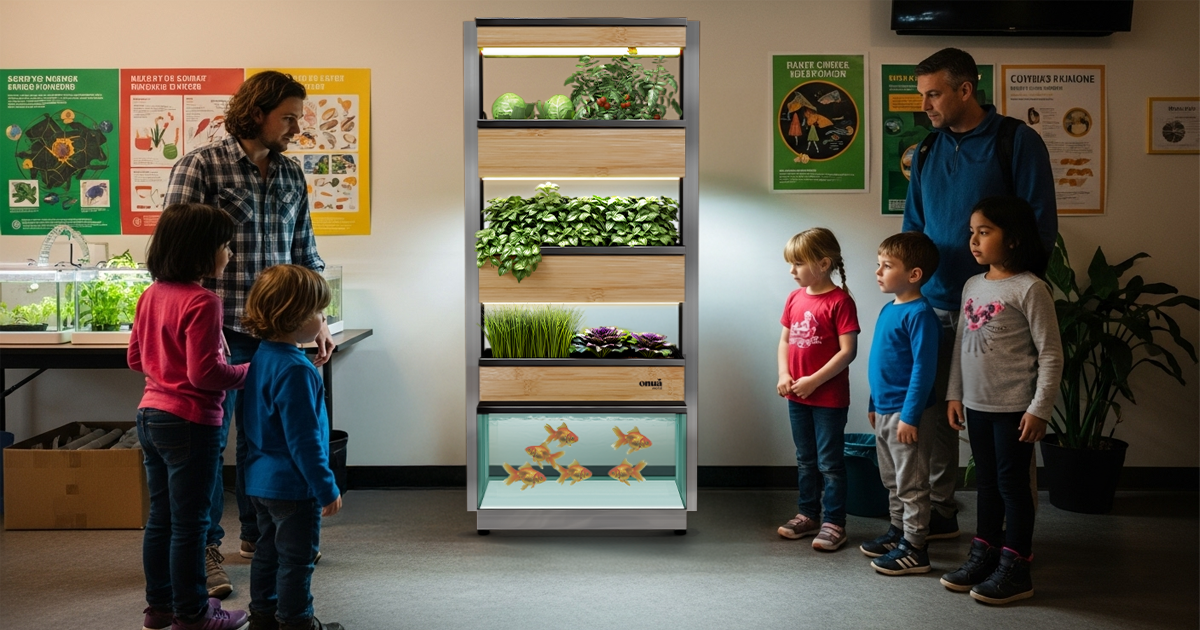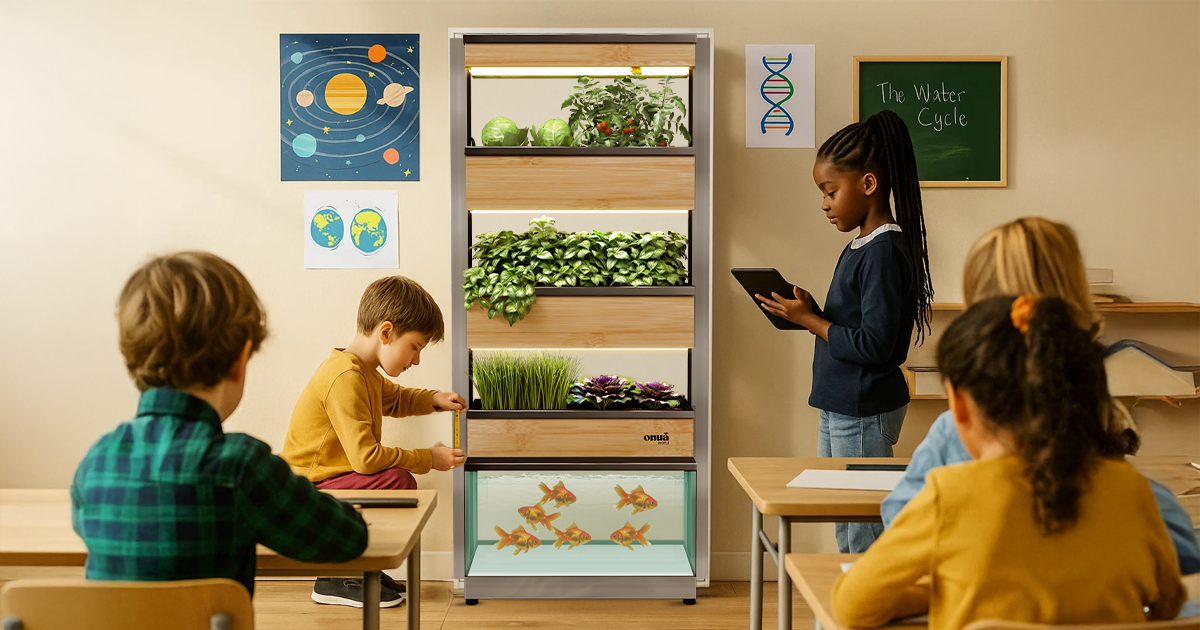Modern agriculture is a realm of constant innovation, with new cultivation methods emerging regularly to address environmental, economic, and yield challenges. In this article, we will explore various innovative farming methods gaining popularity in the current market.
1. Aquaponics: Harmonious Symbiosis for Positive Environmental Impact
Aquaponics, a successful marriage of aquaculture and hydroponics, offers a harmonious symbiosis between fish and plants. Fish waste serves as nutrients for plants, while plants filter and oxygenate the water for fish. There are three aquaponics techniques: the "raft" method, where plants float on perforated rafts above fish tanks; the "nutrient film" method, with water flowing in perforated tubes containing plants; and the "substrate" method, similar to an outdoor garden but with clay balls replacing soil. This sustainable approach ensures high yields while preserving resources, thereby reducing the environmental footprint of food production.
2. Aeroponics: Growing in the Air for Rational Resource Use
Aeroponics revolutionizes cultivation by suspending plants in the air and providing nutrients in the form of a mist. This method allows precise control of growth conditions, promoting rapid plant development. Its efficiency translates to impressive yields with minimal resource use, contributing to a more sustainable agriculture. Indeed, in this method, water usage is minimized.
3. Vertical Farming: Maximizing Space and Minimizing Environmental Impact
Vertical farming addresses the growing need for space optimization. Vertical cultivation towers are designed to fit into restricted urban spaces while ensuring high yields. Several growth techniques are employed, including nutrient substrate or substrate-free with a nutrient-rich water net flowing over plant roots. This method combines efficiency and sustainability, creating opportunities for urban agriculture and reducing pressure on agricultural land.
4.Agroforestry: Uniting Trees and Crops for Biodiversity
Agroforestry, a holistic approach, integrates trees and crops to create balanced ecosystems. This method promotes biodiversity, enhances soil fertility, and offers a sustainable solution to modern agricultural challenges. By fostering harmonious coexistence between fauna and flora, it positively contributes to environmental health.
5. Permaculture: Collaborating with Nature for Continuous Regeneration
Permaculture, central to the philosophy of numerous initiatives, draws inspiration from natural patterns to create sustainable and resilient agricultural systems. This method, along with the previous one, avoids soil disturbance and encourages plant growth by benefiting from neighboring plants. By preserving soil moisture and allowing continuous soil enrichment, permaculture aims to create autonomous ecosystems, aligning with a commitment to environmentally friendly agriculture and contributing to ecosystem preservation.
6. Sandponics: Growing in Sand for Efficient Water Use
Sandponics, or sand-based cultivation combined with fish farming, offers an interesting alternative. Plants grow in sand, receiving nutrients from a nutrient solution originating from fish tanks. A system is in place to remove sand from the water before it returns to the fish tanks. This method provides optimal drainage and root aeration, promoting healthy plant growth while using water more efficiently and reducing overall consumption.
7. Smart Greenhouse Cultivation: Technology Serving Sustainable Agriculture
Smart greenhouses are equipped with advanced sensors and automated systems, ensuring optimal control of the growth environment. This cutting-edge technology guarantees ideal conditions for crop growth, optimizing yields and minimizing losses. By reducing resource needs such as water and energy, smart greenhouses contribute to a more sustainable agriculture.
Conclusion: Innovations for a Sustainable Future and Onuà World's Intelligent Aquaponic Garden
The innovative methods discussed here go beyond optimizing yields; they also embody a commitment to environmental sustainability. Each of these approaches provides solutions to reduce the environmental impact of modern agriculture. Speaking of innovation, Onuà World's intelligent aquaponic garden symbolizes the future of indoor agriculture. With real-time monitoring of water quality and other parameters, this garden offers an advanced technological solution for home cultivation, contributing to sustainable and intelligent urban agriculture.




